Nikki Kimball on Patagonia’s first 100miler, her new film “Finding Traction” and ‘chicking’ Usain Bolt
[:en]Nikki Kimball has been at the forefront of the ultra running scene for 16 years. During this illustrious career she has won some of the most challenging and competitive of races: the Ultra-Trail du Mont-Blanc, Marathon de Sables and Western States three times over.
She has set innumerable course records, worked tirelessly to close the pay gap between elite male and female athletes, and most recently has starred in the running expedition film “Finding Traction” which documents her attempt to run the fastest overall time (for both men and women) on Vermont’s 273mile ‘Long Trail.’
‘Finding Traction’ will have its debut UK screening at Sheffield Adventure Film Festival (ShAFF) this coming weekend and then again next month, in Puerto Natales, Chile. (There she will be running in Patagonia’s first 100mile ultramarathon – ‘Ultra Fiord.’)
Ahead of these exciting times, she very kindly found time to reflect on these career accomplishments; discuss some of the dark times she has worked through, and talk with great passion about the challenges ahead.
Nikki thanks so much for your time! You very recently returned from Transgrancanaria and are now shooting off to the UK. Busy times! Many people coming to see your film this weekend, though, may not be runners, and certainly never have run an ultramarathon. What do you hope that they take away from you film?
Nikki –
I really love this question. Though the film covers a running expedition, I do not think of it as a film about running. I’ve been racing for so long (over 16 years in ultra and over 3 decades in a combination of skiing, cycling and running), that the sport in and of itself no longer excites me.
Rather, I love the humanity that ultrarunning facilitates. The stories I hear on the trail, and the possibilities uncovered by both running exploration and the physical deprivation racing can cause, are what keep the sport fresh for me. With that said, I will tell you that “Finding Traction” is about what running means to me. It is about exploring my mind and my body. It’s about crushing challenges rather than letting the challenges win. It’s about keeping me, and all who do endurance exercise, healthy. It’s about the value these sports add to human existence.
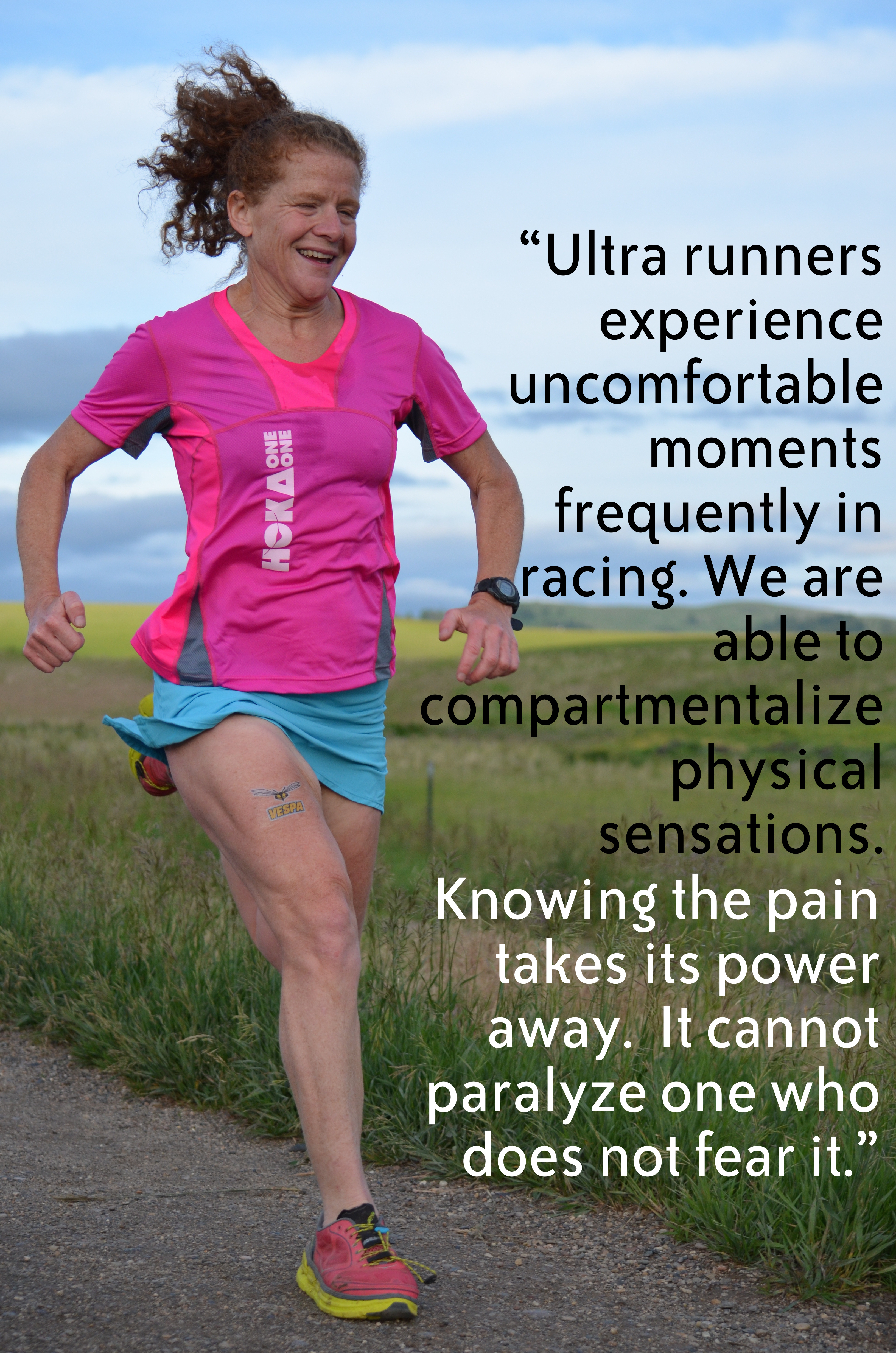 I think people take from the film what they need. A woman who’s struggled for 20 years in a job without equal pay to her male colleagues may find
I think people take from the film what they need. A woman who’s struggled for 20 years in a job without equal pay to her male colleagues may find
the courage to simply ask for more. A sedentary or overweight person may find the inspiration to exercise for health benefits. A person suffering from depression will find a sister in that struggle.
Naturally, given the deadly nature of the disease, I want the movie to encourage discourse on depression. From the two big film showings I’ve attended, I found that mental health professionals bought copies of the DVD for their patients.
Note that I had nothing to do with the writing, editing or composition of the film. I was its subject and I did a lot of fund raising and organizing of the premiere showings at home, but I take no credit for what the producers and filmmakers did. I wish I had that kind of artistic and narrative talent in this medium, but I do not.
Jaime Jacobsen and her team exceeded my expectations with “Finding Traction.” They were brave enough to show my darker sides, and the personality traits that physical pain, lack of sleep and extreme stress can bring forward. For instance, I am not proud of the repeated frustration I showed when the weather during the expedition turned out to be sub-optimal for speed. But I don’t always show the behavior I want people to associate with me. And in choosing to publicize this expedition as I did, showing only my caring, powerful and athletic attributes would be dishonest. The film is honest and sometimes brutal. But so is our sport, and so is life.
Q –
The Long Trail record is one of the most impressive FKT’s (Fastest Known Times) in the USA. Why was it important for you to have not just the fastest female time, but the fastest known time overall?
Nikki –
I am very competitive and I like to win. I know that breaking the Long Trail’s FKT is eminently possible for the right person, male or female, given good conditions and good timing in the athlete’s life. I would love to be able to go after every record in my 2007 body which seemed to turn every effort into gold.
But the fact is that one only has so many peak performances in her body. My Long Trail expedition was far from a peak performance for me. I made many mistakes from ignorance, and many from circumstance. I know there are women in our world right now who can crush that record. I just hope I either get the chance to chase it once again, or to be on the crew of the woman who does.
Q –
You have been a strong advocate for equality in prize money and sponsorship for both female and male athletes. In the last thee years you have seen a lot of these original goals realised. What impact is this having on your career now and what will it mean for future female distance runners?
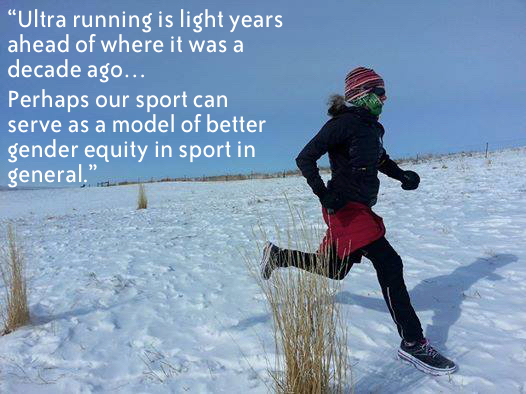
Nikki –
I am beyond my absolute fastest racing now. Much of what I’ve fought for in the last 25 years of my racing career will not directly benefit me. And I admit that I envy the women who’ve joined the sport, or hit their physical peaks, in the past 5 years or so.
I think some of the runners who joined the sport more recently will believe I over play the gender gap. Newer female athletes do not know what it is to have the director of an overseas race invite and pay for male elite athletes to travel to their races, while stating in emails that they do not care about the women.
They do not know about domestic race directors offering overall, but not women’s prize money. They may not know what it is like to see the most experienced scholastic coaches serving only the male teams. And frankly, I look forward to the time when a woman watching “Finding Traction” thinks to herself, “what the hell is she talking about?”.
With respect to gender equity, ultrarunning is light years ahead of where it was a decade ago and also ahead of professional sports in general, where many, many more opportunities exist for men than women. However, it still isn’t quite equal. I wish I had statistics on endorsements for male versus female ultra runners. My sense is that many companies are quite fair in their contracts.
However, factors exist beyond the control of even the most even handed companies out there. Most athletes, for example, get bonus money based on the athlete getting his/her picture with the company logo in the printed and television media. Particularly outside our sport, sports media continues to picture male athletes disproportionally often.
This gap needs to end and, though ultra athletes may not realize perfect fairness, we enjoy more equality than most. Perhaps our sport can serve as a model of better gender equity in sport in general.
Q –
You said of a difficult experience during a race last year (Western States – interview by Ian Corless) ‘I was like “I’m vomiting but it’s so beautiful.’” For those of us who haven’t covered a 100miles on foot in a day, can you give us an idea about why you might feel like this?
Nikki –
I think that physical discomfort can be scary when one is not used to it. Given that ultra runners experience uncomfortable moments frequently in racing, we are able to compartmentalize physical sensations. Vomiting is not pleasant, but it usually leads to a relief of the stomach pain that precedes it. Like hip pain or muscle cramps, it’s a known entity to me. Knowing the pain takes its power away. It cannot paralyze one who does not fear it.
Further, when I am very uncomfortable I focus on the beauty around me. Since I know the pain is fleeting, I can accept it, and spend my mental effort appreciating my surroundings rather than focusing on the unpleasant sensation.
Doing this helps force discomfort into the background. I find this works well with all but the most intense pains. With those I focus on the pain and let it drive me.
Q-
You have talked openly and very powerfully about using exercise as additional treatment to help combat depression. What is it about movement/being outdoors that helps alleviate these feelings?
Nikki –
I am not a mental health professional. But given that I have a mental illness, I read some primary literature surrounding it. There is compelling evidence that exercise lessons the symptoms of depression. I personally think that being outdoors while moving is even better than, say indoor exercise. But I am not sure if there is quality evidence supporting that belief.
Many hypotheses exist as to the reason that exercise is beneficial in the treatment of this disease, without a clear answer to your question. My guess is that exercise benefits one with depression in a complicated, multifactorial way. Chemical changes in the brain, a sense of purpose and accomplishment, increased body temperature, and several other factors may well combine to make exercise the treatment that it is.
During your time in England at the ShAFF, will you have anytime to run any of the trails, or have a look at such famous 24 hour time limit ‘Rounds’ as the Bob Graham, which covers 42 summits in the Lake District?
Nikki –
I cannot wait to run the trails around Sheffield. Unfortunately I will not have time to give the area it’s proper due with respect to trail running, nor will I be able to get to the Lake District. I guess that means I will have to come back another time!
Q –
When you come to a magical place like Torres del Paine in Chile, is it possible to race competitively and yet still appreciate the landscape you are moving through?
Nikki –
I love running in beautiful places, and that is a primary reason for me to race in Patagonia. I cannot focus on competition throughout 100 miles of racing. 100 mile races require a lot of mental power. One of the strategies I use to ensure that my race focus will be available when I need it, is to focus on the beauty of my surroundings as much as I can during the run.
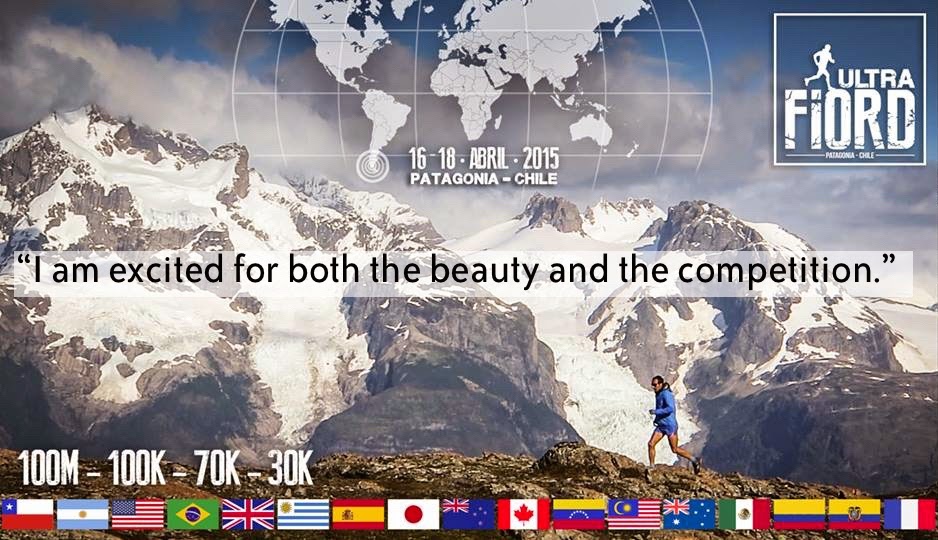
This is in fact is why I like the distance so much: it’s like going for a hike, but one gets to see a lot more because of the vast distance being covered. And it hurts a lot more. So, yes, I will appreciate the beauty, and I will race as competitively as I am able. And I am excited for both the beauty and the competition.
Q –
Brilliant! We are really looking forward to having you down here in Chile. Finally then, just for fun of course: In an ideal world, what race you would be running and what male runner you would be ‘chicking.’
Nikki –
Since we are being silly here: Usain Bolt in World Championship 100m. I’ve always wanted to feel the ground reaction force, and the body’s movement through the air at that speed of running!
Thanks Nikki. We will see you down here in South America in less than a month for Ultra Fiord!
[:]

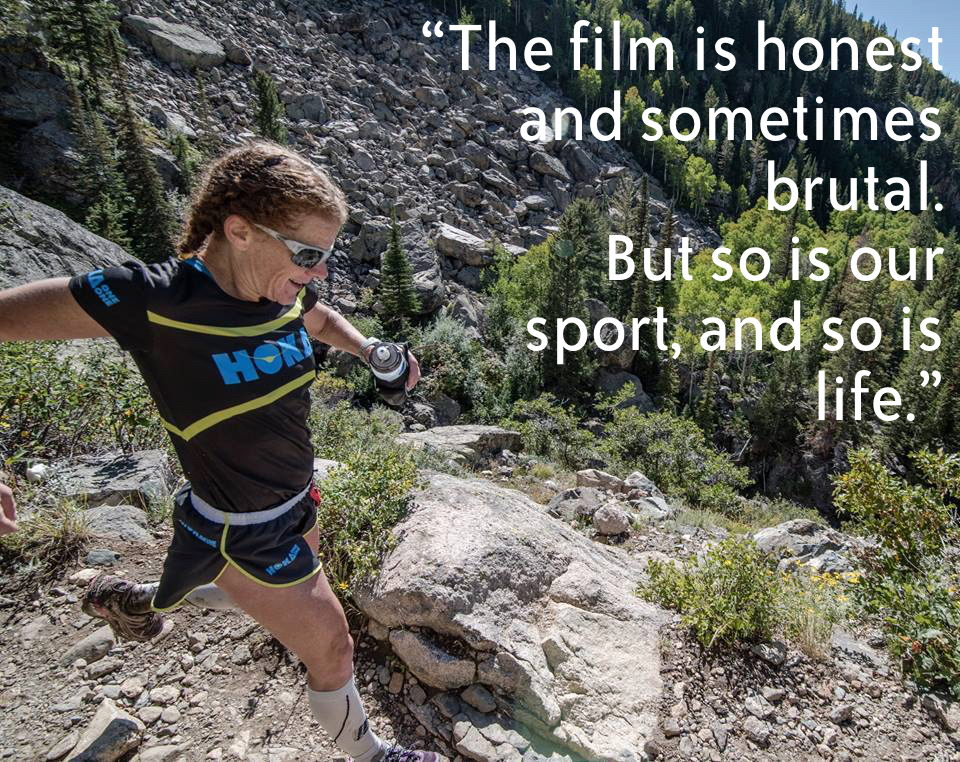
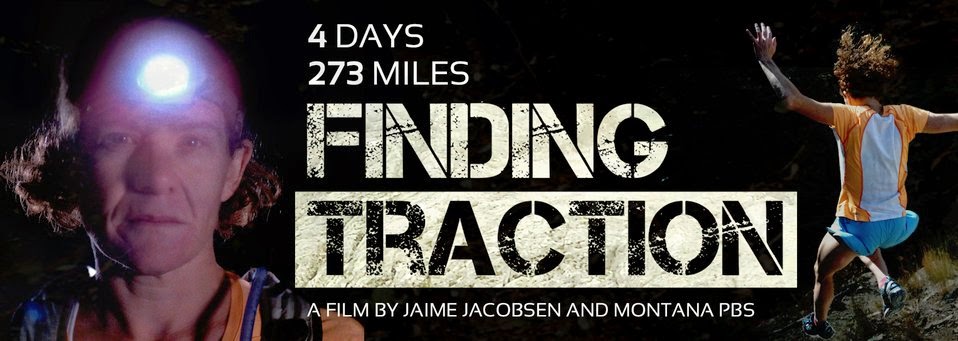


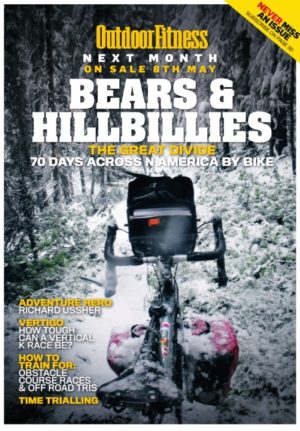
Leave a Reply
Want to join the discussion?Feel free to contribute!